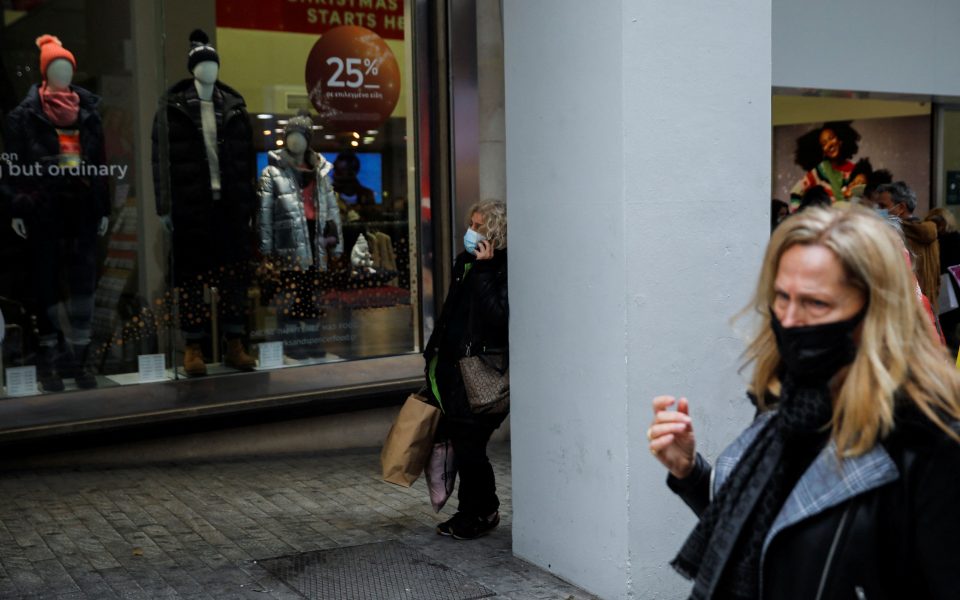Commercial rent hikes capped

The government’s interventions in the property market are starting with commercial rentals, in an effort to rein in excessive hikes as inflation soars.
Development Minister Adonis Georgiadis is understood to have pointed to the introduction of a special regulation setting a maximum rate of 3% annually for the increase allowed for commercial rentals for the whole of 2022. The measure will have a retroactive application from January 1. The aim is to contain the largely imported impact from energy and raw material hikes.
Almost all commercial property lease contracts provide for an annual adjustment based on the consumer price index plus another rate agreed between the owner and the tenant. As a result, imposing a ceiling on these adjustments is set to contain rental increases and offer some respite mainly to small and medium-sized enterprises that rent their space.
In the period from 2019 to 2021, there was an average increase of 16% in the rents paid by enterprises, according to a survey the Hellenic Confederation of Commerce and Entrepreneurship (ESEE) presented on Tuesday. It showed that the average monthly rent came to 776 euros in the first half of 2021, against €668 in the same period in 2019.
There have also been some major hikes in residential rental rates: For the first quarter of this year, the Spitogatos Property Index (SPI) has shown that asking rental levels in Attica have increased annually by up to 17.2%, seen mainly in the capital’s eastern suburbs: The average monthly rental rate for a house or apartment stood at €7.5 per square meter, against €6.4/sq.m. just a year earlier.
In the northern suburbs the average rate now stands at €10/sq.m. per month, up 13.6% from a year earlier. That means renting a 100 sq.m. apartment now costs an average of €1,000 per month, while before the pandemic it would have cost no more than €800/month.
That 25% hike in residential rents illustrates the fact the property market has not really been affected by the pandemic and the health crisis – quite the contrary, as staying at home longer appears to have redefined the needs of many households.





